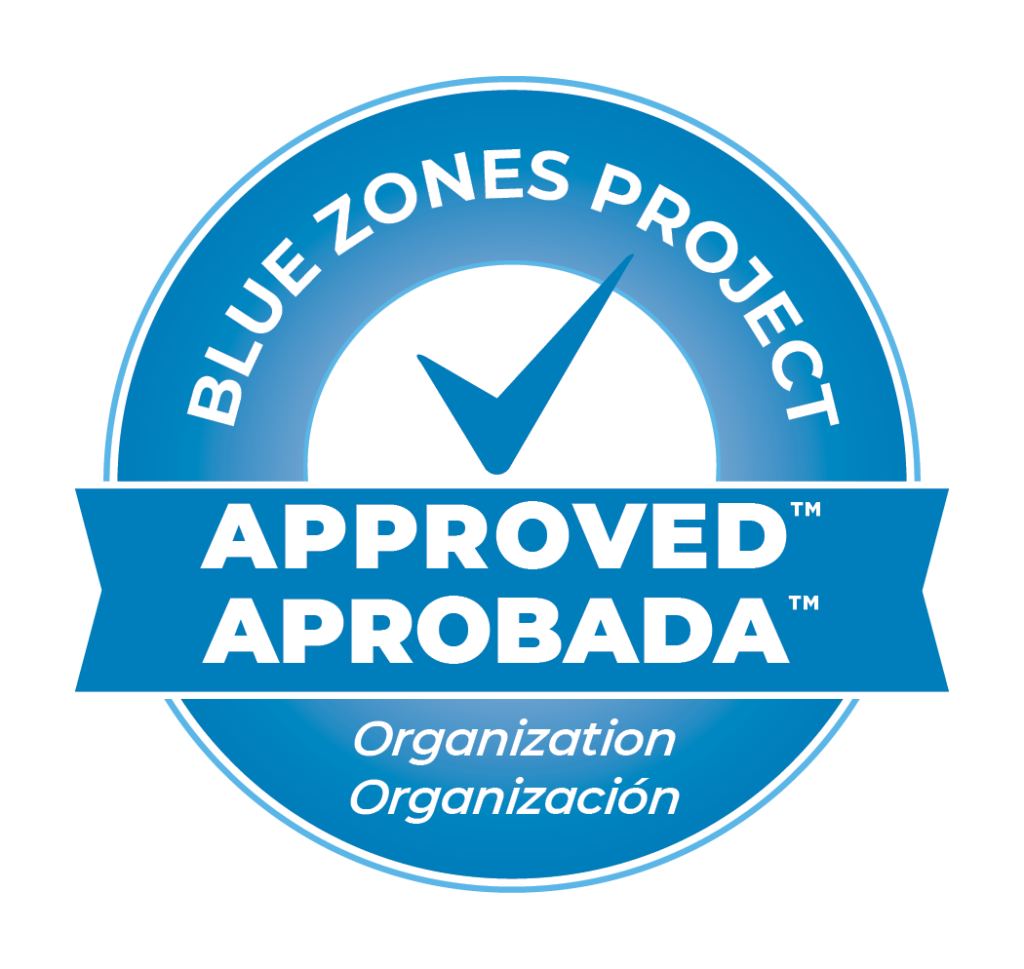Bridge House, Interim’s licensed residential facility for individuals with both a substance use disorder and mental illness, provides Trauma Informed Care for residents. But what does that mean, and what difference does it make?
“Trauma results from an event, series of events, or set of circumstances that is experienced by an individual as physically or emotionally harmful or life threatening and that has lasting adverse effects on the individual’s functioning and mental, physical, social, emotional, or spiritual well-being”.
Research indicates that nearly 70% of adults with serious mental illness have experienced multiple incidences of trauma in their life. Homelessness, violence, abuse, and adverse childhood experiences can cause trauma. For some, use of drugs and alcohol is a way to deal with trauma, but it only masks the underlying problems.
So how do Bridge House staff address trauma in their residents? By providing a Safe Place, a place of physical safety and emotional safety, residents can experience healing in an affirming group setting. Bridge House staff acknowledge the widespread impact of trauma, and understand potential paths for recovery. They can identify signs and symptoms of trauma in clients, their families and others, and respond with best practices that have been integrated into the program’s policies and procedures. Trauma informed practices prevent retraumatization of clients during the recovery process.
Bridge House Residents are no longer isolated, but experience a sense of belonging. They are responsible for managing their recovery, are given freedom to accept or decline feedback, are encouraged to ask for help in healing without having to accept help in everything, are asked to establish boundaries for themselves and maintain those boundaries. Emotional and physical safety make the old coping mechanisms of drugs or alcohol unnecessary. Residents learn coping skills that replace old habits. Healing occurs.




